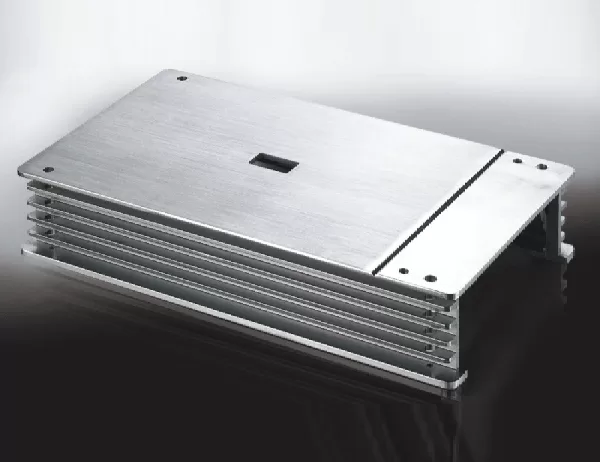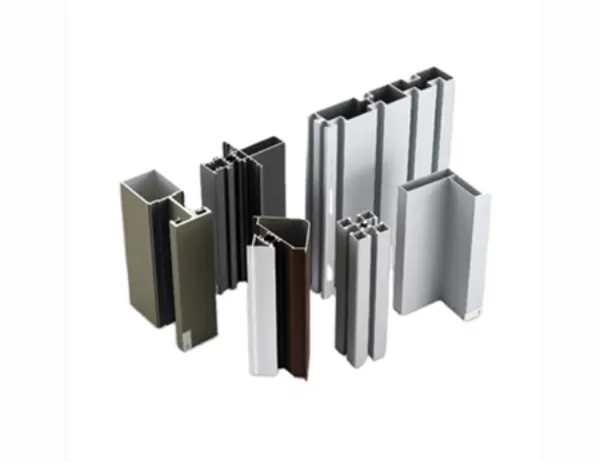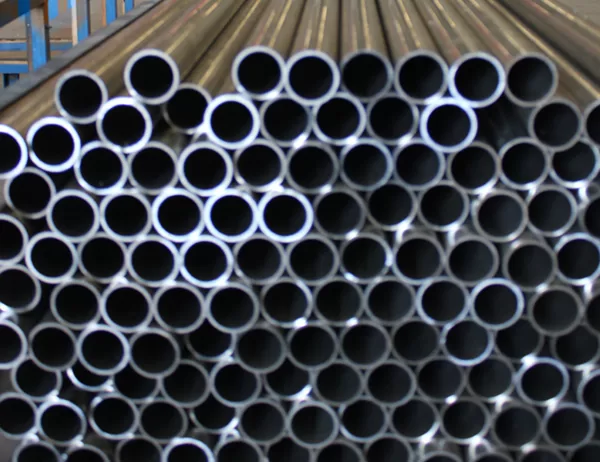Aluminum is an versatile and highly sustainable material that is widely used in various industries. However, aluminum’s corrosion resistance is a significant concern for many manufacturers. This article will focus on the role of fluorocarbon coating in protecting aluminum from corrosion and enhancing its sustainability.
Corrosion Resistance: Corrosion is a major issue that affects the durability and lifespan of aluminum products. Fluorocarbon coating is a sustainable solution that provides an additional layer of protection against corrosion. The coating is made from a combination of fluoride and carbon, which creates a chemical barrier that prevents aluminum from reacting with its environment.
Environmental Friendliness: Fluorocarbon coating is environmentally friendly, as it contains no harmful chemicals that could impact the environment. In fact, it is 100% recyclable, making it an ideal choice for companies that are committed to sustainability. Recycling aluminum requires only eight percent of the energy required for primary aluminum production and saves over 90 percent of greenhouse gas emissions.
Cost-effective: Fluorocarbon coating is cost-effective compared to traditional painting methods. The coating is applied in a thin layer, which reduces the overall production cost while providing an adequate level of corrosion protection.
Customization: Fluorocarbon coating allows for customization, enabling manufacturers to design aluminum products that meet specific environmental regulations for VOCs. The powder-coating process can be tailored to create different finishes that provide additional protection against corrosion.
Versatility: Fluorocarbon coating is versatile and can be used on a wide range of aluminum products, from automotive to aerospace components. The lightweight and corrosion-resistant nature of aluminumalloys makes it an ideal choice for various applications.
Manufacturing Advantages: The production of aluminum alloys involves several important steps, including casting, forging, and extrusion. Fluorocarbon coating can be applied during the extrusion process, providing an additional layer of protection against corrosion.
In conclusion, fluorocarbon coating is an essential component of aluminum’s sustainability journey. Its unique combination of lightweight, strength, and corrosion resistance make it an ideal choice for various applications, from automotive to aerospace components. By utilizing fluorocarbon coating, manufacturers can produce durable, cost-effective, and dependable aluminum products that meet environmental regulations and provide a sustainable solution for their industries.




